PDF chapter test TRY NOW
Have you ever touched the electric bulb after switching it off?
Light is not only the effect of electricity; simultaneously it also heats the conducting element in the bulb.
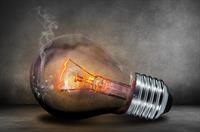
Heating effect of electric current
Let us discuss the other effects of electric current, such as:
- Heat effect
- Magnetic effect
- Chemical effect
Heat effect:
- When an electric current is passed through a conducting material, the electrical energy is converted into heat energy.
- In all heating appliances, the heating element is made up of materials with high melting points.
- Nichrome is an example of such a material.
- The heating element is covered with a layer of electrical insulation. The heating effect of electric current has many practical applications such as geysers, toasters, electric kettles, iron boxes, and immersible water heaters. These appliances have heating coils of high resistance. Generation of heat due to the electric flow of current in a high resistive material is known as the heating effect of electricity.
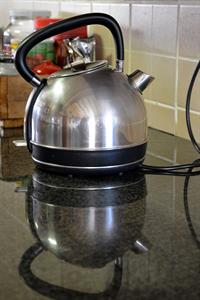
Electric kettle which converts electrical energy into heat energy
Many electrical appliances use this heating effect to make our work easier.
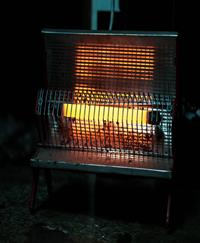
Heaters
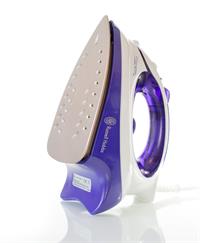
Iron box
In all these appliances, a coil of wire called an element is present. When these appliances are switched on, electric current flows through the circuit. The presence of these elements in the appliances give out heat.
Factors affecting heating effect of current
1. Electric Current
2. Resistance
3. Duration of the current flow
1. Electric Current
2. Resistance
3. Duration of the current flow
Electric Fuse:
An electric fuse is a safety device which is used in household wirings and many appliances. Electric fuse is made of a ceramic body and two points for connecting the fuse wire. The fuse wire melts when the current in the wire is very high. This breaks the circuit and helps in preventing damage to other appliances connected to the circuit. In electrical devices, a glass fuse is often used.
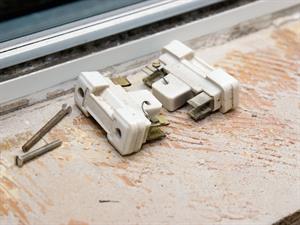
Fuse
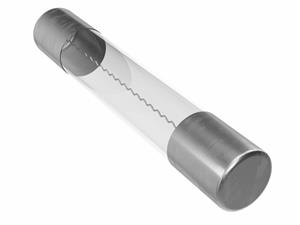
Cartridge Fuse
Miniature circuit breaker (MCB):
- MCBs are the advanced form of electric fuse which automatically switches OFF the electrical circuit during any abnormal conditions in the electrical network, such as overload and short-circuit conditions.
- The electric fuse has a significant practical problem. Whenever the wire fuses, one needs to replace the wire to resume the electric supply.
- Miniature circuit breakers (MCB) break the circuit automatically. One needs to switch it on to resume the electric supply.
- Many models of MCBs have a built-in mechanism by which the electric supply is automatically restarted.
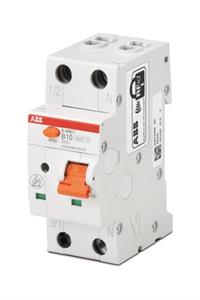
MCB
Reference:
https://pixabay.com/photos/light-bulb-incandescent-smoke-crack-503881/
https://pixabay.com/photos/electric-kettle-kitchenware-1644823/
https://upload.wikimedia.org/wikipedia/commons/9/9f/Electric_steam_iron.jpg
https://pixabay.com/photos/room-heater-yellow-light-worm-1290546/
https://commons.wikimedia.org/wiki/File:Example_for_combined_AFDD_with_MCB.jpg
